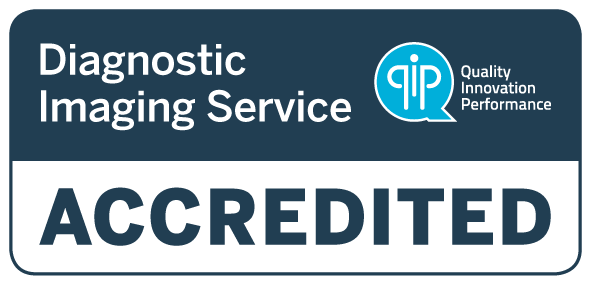An exercise stress test assesses how the heart performs with exertion. During exertion, the heart beats faster, which means the heart muscle requires more oxygenated blood to function. A stress test helps Doctors see if the heart is getting enough blood during these times. The heart rate is increased with exercise; this can be achieved by walking on a treadmill or riding an exercise bike. If you are unable to exercise, the doctor can give you intravenous medication to increase your heart rate.
An exercise stress test is always performed in conjunction with an electrocardiogram (ECG) to monitor the electrical activity of the heart during exercise. Occasionally, doctors request an imaging test together with a stress test, (such as an echocardiogram). This combined test is called stress echocardiography and provides a much more accurate method of assessing the heart's function during exercise.
Doctors might order an exercise stress test to:
- Test for coronary heart disease,
- Assess how well your heart functions after surgery
- To investigate for causes of chest pain or breathlessness
- To determine if you can safely exercise after a heart attack
- To assess your fitness for surgery
What should I expect during a stress test at Echo Heart Centre?
Standard stress testing is done in our Centre with a treadmill to stress your heart.
Preparing for your stress test




